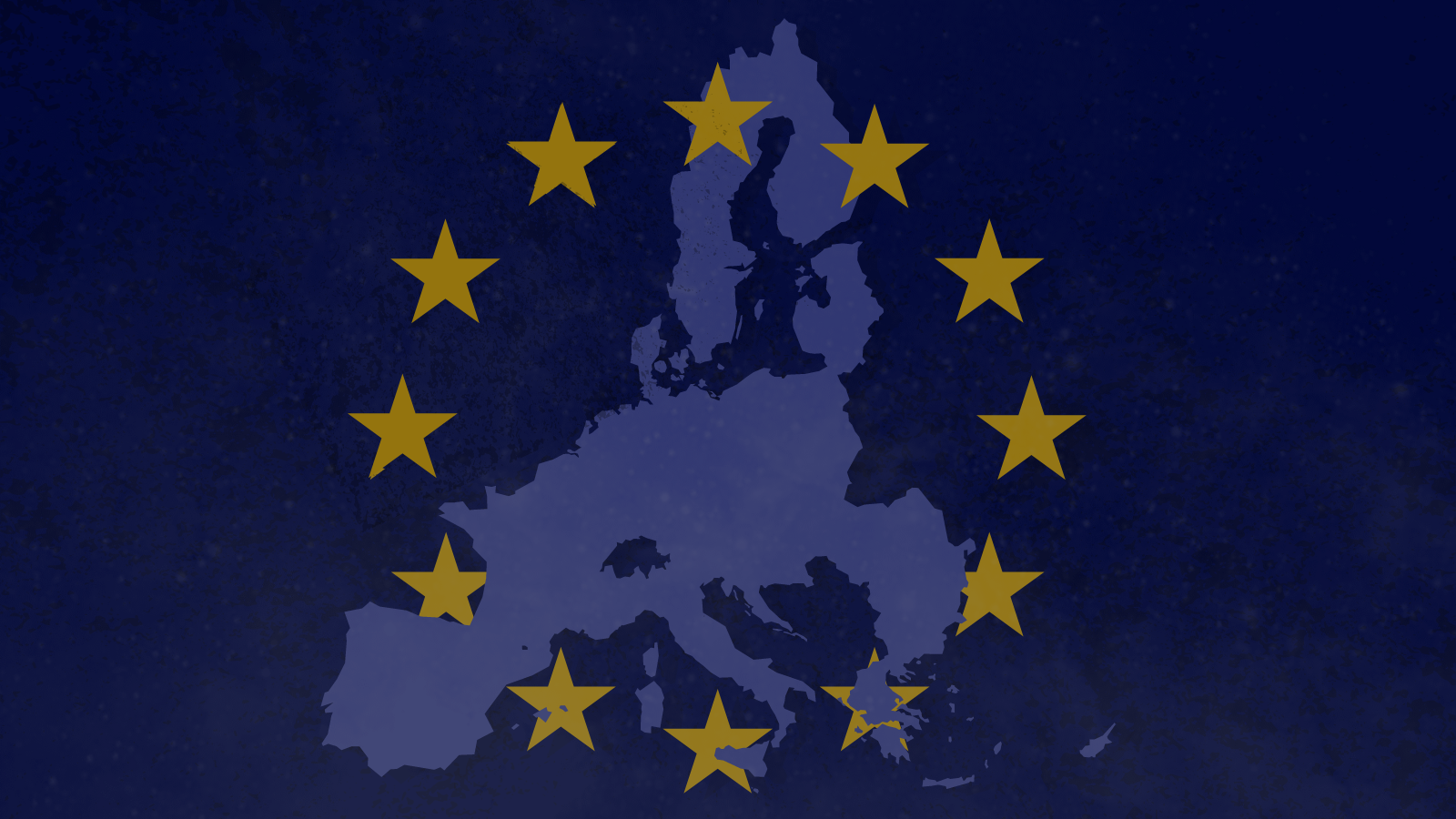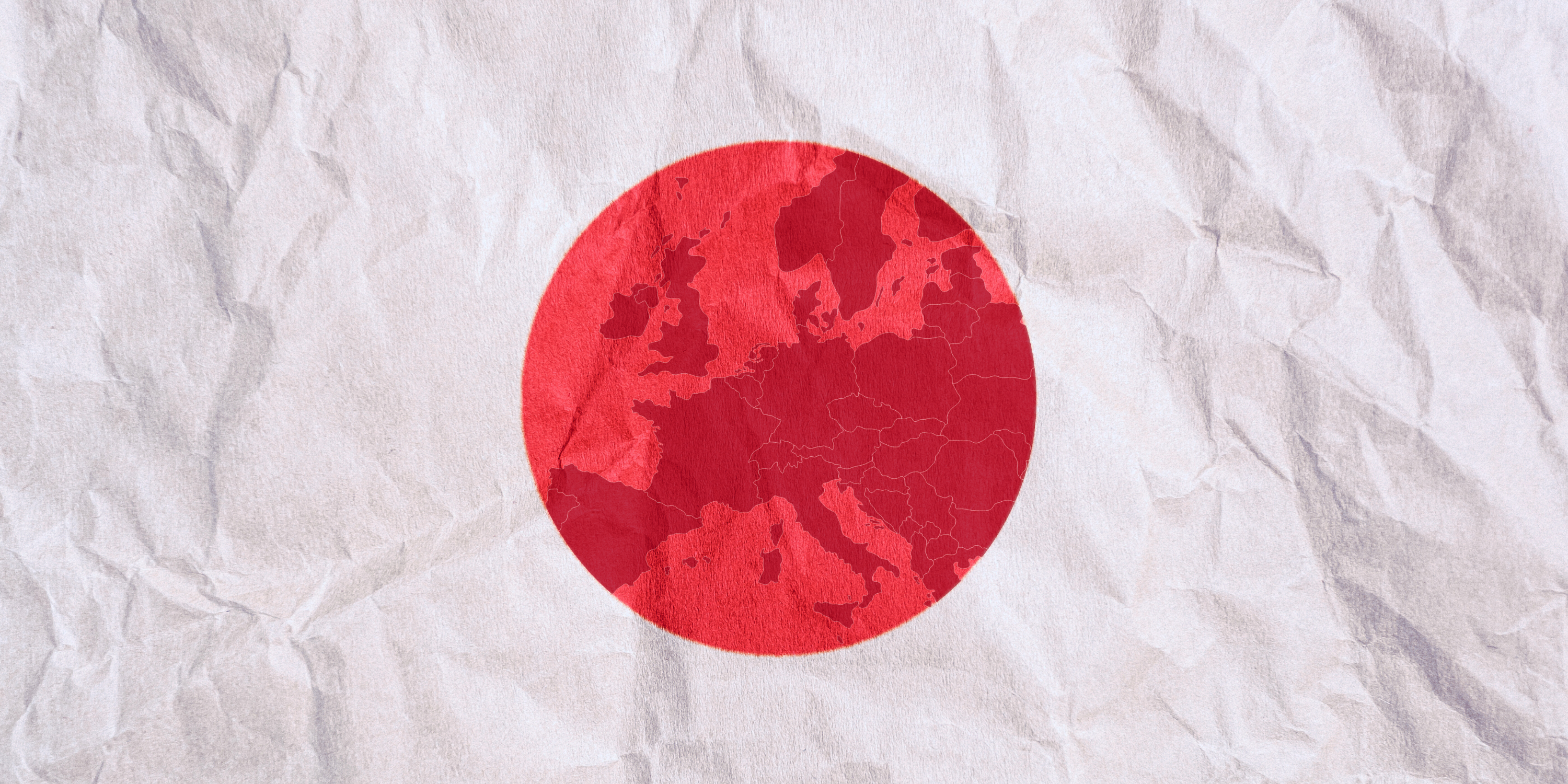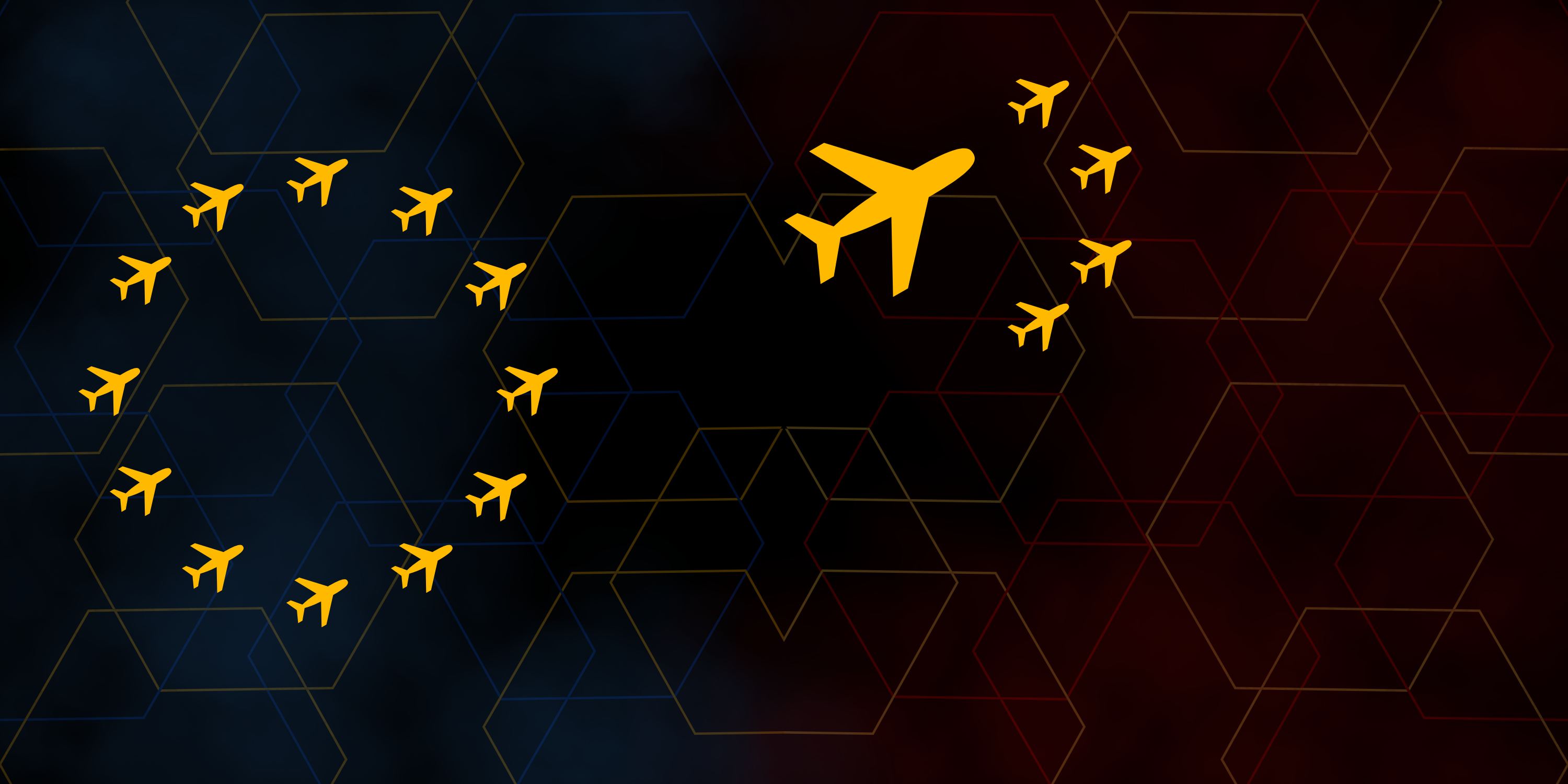The 2024 European Parliament (EP) election results raised more questions than answers for Chinese commentators. The rise of far-right parties was mostly seen as the advent of a new age of disorder, while Chinese analysts expect to see less unity within the bloc, more NATO skepticism, and more pro-Russian voices. Moreover, they perceive the right-wing turn in Europe, coupled with the possible re-election of Donald Trump as US president in November, as increasing the likelihood of even more protectionism in the West, which would impact China’s efforts to improve relations with the European Union.
The rise of far-right parties in Germany and France, the EU’s two biggest economies, caught the eye of Chinese analysts. While those parties will still be a minority in the European Parliament (EP) when it reconvenes, some Chinese analysts have framed their increased popularity as the beginning of a new era of disorder within the bloc. Whether China can benefit from these trends is less clear. Because far-right parties prioritize national interests over the shared interests of the EU, NATO, or other supranational communities, more far-right voices in the EP could make it more difficult for Brussels to act on global issues. It might also bring more disunity to the Trans-Atlantic alliance, and the far-right could act as a divisive force when it comes to support for Ukraine. On the other hand, the rightward shift in the EU could lead to more parochialism and protectionism, posing a challenge to China’s economic interests on the continent.
The Rise of a New (Dis)Order
China’s mainstream state-owned media sources such as Xinhua and China Daily highlighted increasing instability to be expected in Europe after the rightward turn in the 2024 EP elections. Other sources go even further by emphasizing Europe’s expected slip into disorder. A blog post with more than 100,000 reads on WeChat by the economist Liu Shengjun 刘胜军 compares Europe’s current state of affairs to that of the 1930s. In the post — titled “Europe Is Turning to the Right in Unison, More And More Like Before WWII” (欧洲齐步向右转,越来越像二战前) — Liu starts by listing the crises Europe has endured since the last EP election in 2019, which in his view include Brexit, the COVID-19 pandemic, de-coupling/de-risking, and the ongoing Ukraine war. According to Liu, these all add up to the “huge changes unseen in a century” (百年未有之大巨变), a phrase also regularly used by President Xi Jinping.
Liu also takes aim at the United States for creating and maintaining the war in Ukraine, which, in Liu’s view, only benefits the US at the expense of Europe. An illustration taken from Global Times is used to clarify Liu’s point: an Uncle Sam figure is stabbing five knives into the back of another figure called “Europe”. On the knives are written the inscriptions “capital flight” (资本外逃), “energy shortage” (能源短缺), “refugees” (难民), and “food crisis” (粮食危机. Meanwhile, Uncle Sam is depicted as saying, “America and its allies stand together!” (美国与盟友站在一起!), while a signpost bears the caption “Ukraine Crisis” (乌克兰危机). Liu concludes by listing the likely future directions of Europe in the light of the EP election results, pointing to more protectionism and anti-immigrant policies, less support for Ukraine, a trend toward more disintegration within the Trans-Atlantic alliance, and potentially more countries leaving the bloc.
An article featured in the state-owned The Paper (澎湃新闻) explores whether the outcome of the elections is the “Trump Moment faced by Generation Z” in Europe. Based on various surveys made in European countries, the article points to the large number of young voters who favored far-right candidates, noting the importance of TikTok in their election campaigns. The article also includes opinions of various actors on the European far-right, such as the political director of the Hungarian government, Balázs Orbán, and Oliver Kirchner, a member of Germany’s Alternatives for Germany (AfD). The quotes seek to amplify the message that Europe’s old elites need to be fearful of the changes to come—or, as Kirchner is quoted as saying, “the question is not whether they [the current EU leadership] should be worried, but whether they are worried enough”.
Little Immediate Impact on China-Europe Relations
While most Chinese analysts argue that a rightward shift might lead to more protectionism in EU foreign policy and that this could negatively impact China-Europe relations, the immediate impact of the elections on EU-China relations is expected to be rather limited. Based on various expert opinions, a WeChat report by the state-owned Direct News (直新闻) argued that there will be little change to the EU’s “de-risking” attitudes toward China when the EP reconvenes. The report emphasized that as long as Ursula von der Leyen, the incumbent European Commission president, remains in power and her European People’s Party (EPP) remains the dominant force within the EP, the EU’s future China policy will be characterized by similar levels of protectionism towards China.
Cui Hongjian 崔洪建, a specialist in EU affairs and former director of the Department for European Studies at the China Institute of International Studies (CIIS), argued in a Global Times article that the US elections will have a more direct impact on China-EU relations than the EP elections. Other Chinese analysts agreed and argued that a second Trump presidency will further exacerbate trade tensions between the EU and the US. Tensions currently exist due to the Biden administration’s Inflation Reduction Act and other policies. Thus, if another Trump presidency leads to more tensions between the US and China, it could motivate Europe to emphasize “strategic autonomy” between the US and China. This was also suggested by Cao Mingran, a Leiden University-based researcher, in a commentary published by The Paper.
An article in China Daily, republished from the state-backed Guancha Online, also focused on the interconnection between the EP election and the upcoming US presidential election. It argued that a Trump victory will lead to a more global rightward shift, further amplifying the results of the EP election. It recommended that Europe keep its strategic autonomy, through which “Europe can position itself as a constructive participant and mediator in international affairs.”
“Ukraine Fatigue” Expected to Grow, Taiwan Warnings Repeated
According to many Chinese commentators, the EU leadership will soon be unable to convince most European voters that it’s in their interests to maintain support for Ukraine. An article published in the state-owned Global Times argued that the election results show “deep discontent” among European voters towards the current EU establishment. Wang Yiwei, a professor of international relations at Beijing’s Renmin University, is quoted as saying that the “remote elite” in Brussels has failed on many questions, including on the economy and the Ukraine war, leading to EU citizens searching for far-right alternatives. The article also quoted Song Luzhen, a researcher at Fudan University’s China Institute, who argued that the advance of far-right parties is likely to result in less support for Ukraine and more pro-Russian voices in Brussels.
According to Cao Mingran, in a commentary published by The Paper, the two main far-right groupings in the EP—the European Conservatives and Reformists (ECR) and Identity and Democracy (ID)—cannot be lumped together when it comes to their positions on the Russia-Ukraine war. As Cao sees it, the ECR, which includes Italian Prime Minister Giorgia Meloni’s Brothers of Italy party, is pro-Ukrainian but with conservative views on migration and other issues, while the ID fraction, including which includes Marine Le Pen’s National Rally (RN) in France, presents more of a challenge to the EU elite’s pro-Ukrainian stance.
The EU’s policy on Taiwan received less attention from Chinese analysts than its policy towards Ukraine and Russia. When Taiwan was mentioned, the analysts referred to recent visits by groups of members of the European Parliament (MEPs) and threats against “Taiwan secessionists”. The Global Times quoted Song Luzhen as saying that when MEPs visit Taiwan, they are “pandering to US hype on the Taiwan question or sending wrong signals to Taiwan secessionists.” Song dismissed certain “non-binding” bills by the EP as “just a piece of waste paper that have no effect whatsoever”. The same article mentioned former Chinese Ministry of Foreign Affairs spokesperson Wang Wenbin’s condemnation of the 2021 EP recommendations on EU-Taiwan political relations and cooperation.
More Questions Than Answers – November Will Be Decisive
Chinese media reactions to the elections focused on the advance of far-right parties. Given that the two biggest EU economies, Germany and France, both saw major advances of far-right parties, most Chinese analysts speculated on whether this will seriously impact China-EU relations. However, much of the coverage in China noted that the center-right EPP still retained the majority of seats in the EP and, therefore, a major shift in the EP’s approach toward China is unlikely. Other issues, such as the EU’s relations with the US and the EU’s unity in its support for Ukraine, were also discussed. According to Chinese analysts, the far-right advance will lead to more skepticism over supporting Ukraine, even though the EPP’s strongly pro-Ukrainian stance will likely remain decisive.
The November 2024 presidential elections in the United States loomed large. Some Chinese commentators argued that the possible re-election of Trump will have a bigger impact on China’s relations with the EU than the EP elections. If Trump is re-elected just months after a rightward shift in the EP elections, it will likely push the EU towards more protectionist stances. In the eyes of Chinese analysts, a protectionist turn on both sides of the Atlantic will, at least in the economic sphere, lead to more European “strategic autonomy” from China and the US.







